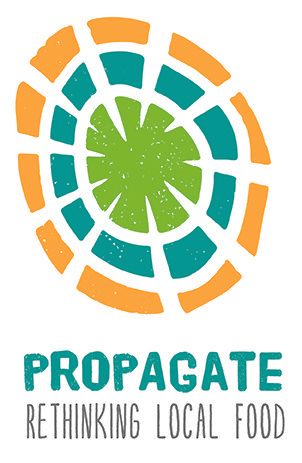Why does organic food cost more?

Price, followed by availability, is the biggest barrier to accessing organic food. There are very good reasons for this and there are things which the government and the food system could do to overcome this. To put pressure on the powers that be to make changes to the price and availability of organic food grown in the UK, we need to vote with our £££’s, and support groups lobbying government such as the Soil Association, Pesticide Action UK, Propagate Scotland amongst others.
· The true price of food isn’t reflected in the price we see in the supermarket. Farming subsides skew these costs. Farming with nature in mind, i.e., reducing chemical inputs and leaving areas for biodiversity and wildlife are not paid for by the government. Farmers see more rewards for productive land.
· Producing organically is often more labour intensive. Employing more people e.g., for weeding, especially in the UK with our minimum wages, can lead to higher costs than a tractor spraying chemicals on large hectares of land. Spending more time in closer contact with your animals to assess their health takes time, which equals money, when you’re paying staff wages. Rather than regular inoculating of animals with anti-biotics on a ‘just in case’ system.
· Lower yields, especially in produce growing, which are more natural and mean the soil isn’t stripped of everything in return. Land is often left to rest and covered with green manure crops, such as clover, to fix nitrogen. Leaving some land not in production therefore not bringing money in. Lower yields are not always the case in dairy as David and Wilma Finlay of The Ethical Dairy often talk about.
· Organic feeds for animals, as most are not 100% fed from the land, cost more than the conventional farming equivalent.
· Organic producers cultivate many crops, so by not mono-cropping and economies of scall, perhaps using different heritage species, they are doing more for the environment and people’s health but sacrificing their own yields compared to intensive farming.
· Demand outstripping supply. Organic production is very small, especially in Scotland where only 1% of land is farmed organically. Demand has been increasing, though this will fall again through the cost-of-living crisis.
What can we do about this? Well, we can grow our own if we have space or get involved in a community growing project so you can get access to organically grown vegetables. As per the previous blog check the dirty dozen from Pan UK so you know which produce is best avoided or bought as organic, and support others who are campaigning for change on organic produce. Like signing up to the D&G Good Food Newsletter here: https://www.dgsustainablefoodpartnership.org/get-involved
To find out more and support others making changes take a look at these websites:
